Blessed Ramon Llull, Herald of Dialogue with Islam
At PISAI a Congress Dedicated to the Figure of the Blessed Who Greatly Influenced Culture between the 13th and 14th Centuries
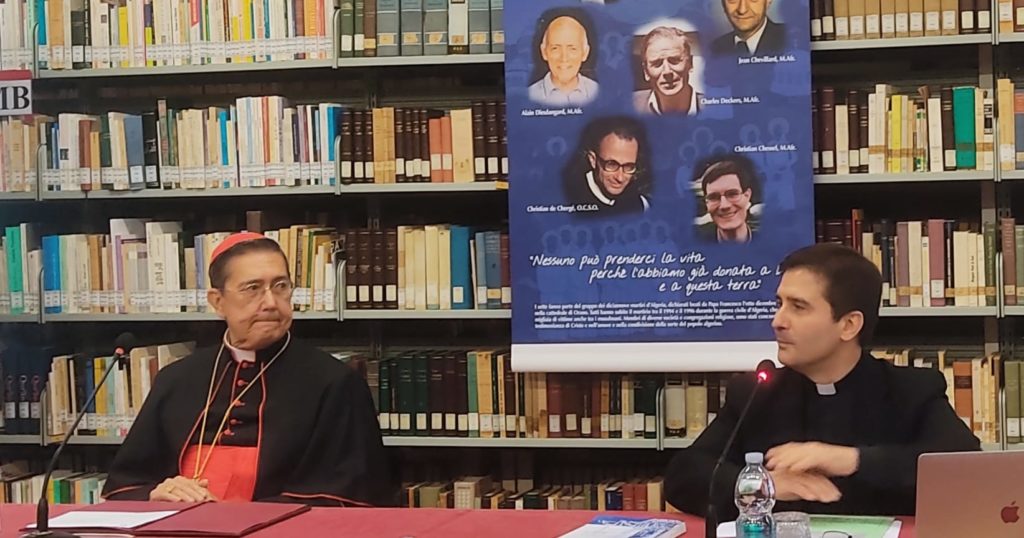
On November 18, the Pontifical Institute of Arab and Islamic Studies (PISAI) hosted an important congress on the figure of Blessed Ramon Llull, a philosopher of Majorca, who had notable influence on Medieval culture between the 13th and 14th centuries, on inter-religious dialogue, and on the Catalan language, of which he is considered one of the Fathers.
The title of the congress, which was postponed several times due to the pandemic, was “Blessed Ramon Llull: The Personage and His Relationship with Islam.” It was organized by PISAI, by the Ateneu Universitari Sant Pacià of Barcelona, and by the Higher School of Medieval Studies, as well as Franciscans of the Pontifical University Antonianum.
The Congress
Discussions were held over three days on the current importance of the figure of Ramon Llull, with the contribution of notable scholars of the enormous work of this Medieval writer, but also on his religious relevance. The conference proceedings, published ahead of time, in fact, because it was postponed due to the pandemic, were edited by the PISAI’s President, Father Diego Sarriò Cucarella, and include the contributions of scholars such as, among others, Jordi Gayà, Maribel Ripoll Perellò, Xavier Calpe, and Marta Romano.
Cardinal Miguel Angel Ayuso Guixot, President of the Pontifical Council for Inter-Religious Dialogue and former President of PISAI, opened the days. The conclusive intervention was entrusted to the Prefect of the Congregation for the Doctrine of the Faith, Cardinal Luis F. Ladaria, like Llull from Majorca. Among the other interventions were those of the Bishop of Majorca, Monsignor Sebastià Taltavull, and of the Postulator of the Blessed’s Cause of Canonization, Father Gabriel Ramis.
Cardinal Ayuso: Forerunner of Universal Fraternity
The figure of the Blessed is particularly relevant in the framework of the inter-religious dialogue that Pope Francis has so much at heart. Cardinal Ayuso stressed how Lull described the Mediterranean as “the sea of the one God and of the many communities of believers.” He also confirmed how his: ”deal of universal concord” was a forerunner of that universal brotherhood, which is at the center of Pope Francis’ pastoral commitment.” Llull was a “complex personality, of modern intuitions, with seeds of dialogue to which to look to again today,” he concluded.
Here is a shared idea of Armand Puig, Rector of Sant Pacià, who was unable to take part in person, but sent his intervention. “Llull was the most modern among the ancients; he goes beyond his time. In his vision, he shares the dream of universal fraternity and excludes no one from the search for truth.”
The Bishop of Majorca: A Gift for the Church

The Bishop of Majorca mentioned three characteristics of Llull: “Wise love, humble prayer and sincere dialogue – he said — summarize a personality, who is a gift for our people and for the whole Church. “Llull’s thought, work, and personality can touch today everyone’s sensibility,” said Monsignor Taltavull.
In his report, Father Ramis talked about Llull’s process of Canonization and proclamation as Doctor of the Church. “The legal process concluded positively, now everything is in the hands of the Pope,” he said.
Cardinal Ladaria: Example of Missionary Impetus

The conclusion was entrusted to Cardinal Ladaria, “not in as much as an expert but simply because I am a fellow citizen of Llull,” explained the Prefect, who went on to say that Llull is a “familiar figure” for him. “When I frequented Saint Francis’ church, which is a marvel, I went in by the side door and to the left, I found Llull’s sepulcher. It was like a friendship. And then I was able to contemplate his image in every church of Majorca. I’m happy that studies on him progress; may his example be for all of us light and strength. Llull is a friend of the Beloved,” said the Cardinal, referring to one of the Blessed’s books.” This describes what was in the depth of his being. May his missionary impulse also be ours,” he concluded.
Translation by Virginia M. Forrester
Related
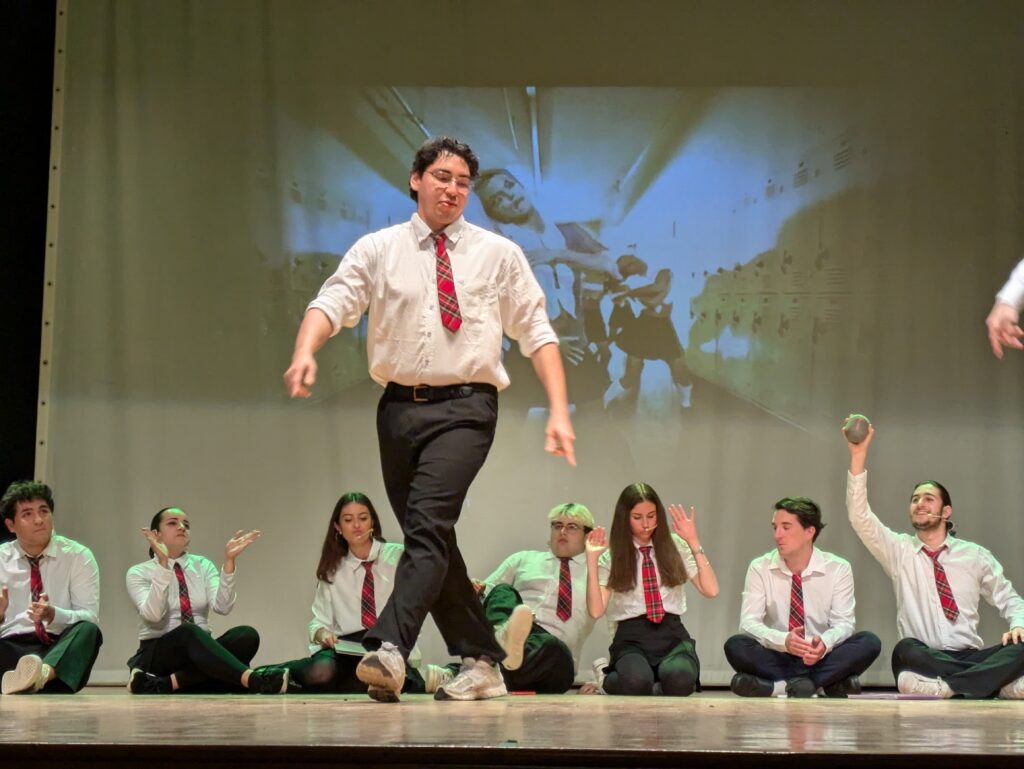
“Highway to Heaven” Arrives in Rome: Carlo Acutis’ Musical Evangelizes with Art and Heart
Exaudi Staff
09 April, 2025
2 min
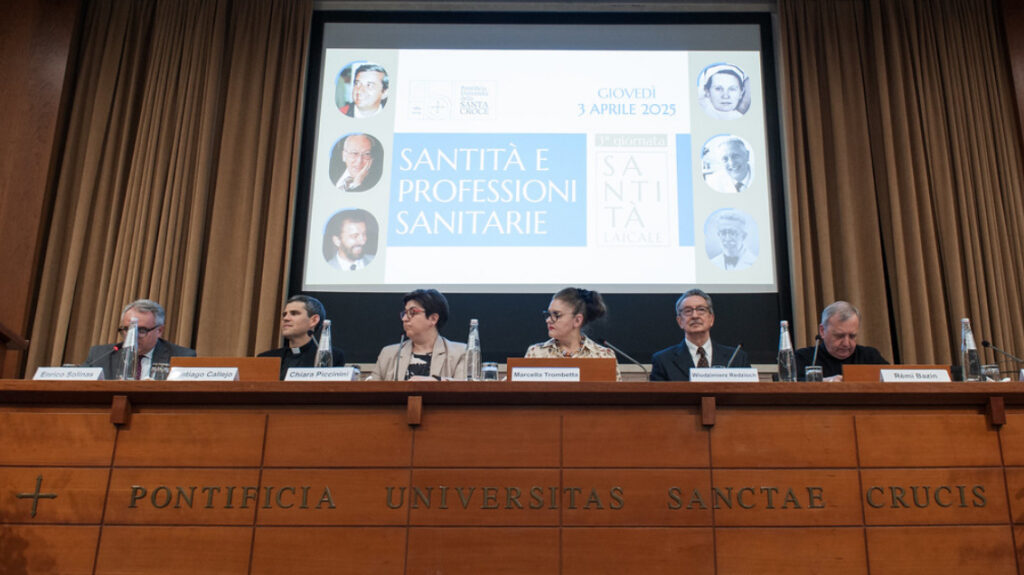
University of the Holy Cross: A Day on Lay Holiness
Wlodzimierz Redzioch
08 April, 2025
3 min
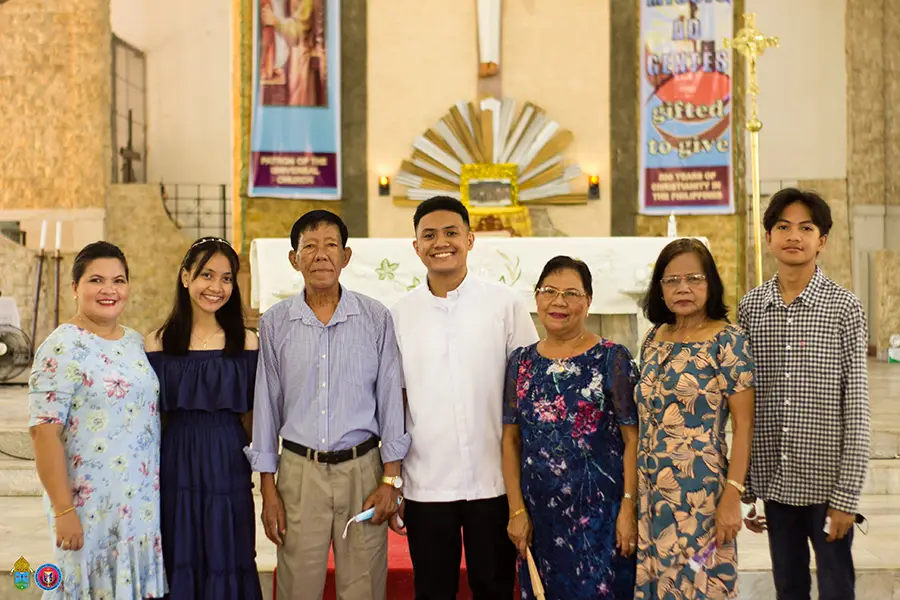
“Spain must preserve the faith it once transmitted to us”
Fundación CARF
07 April, 2025
7 min
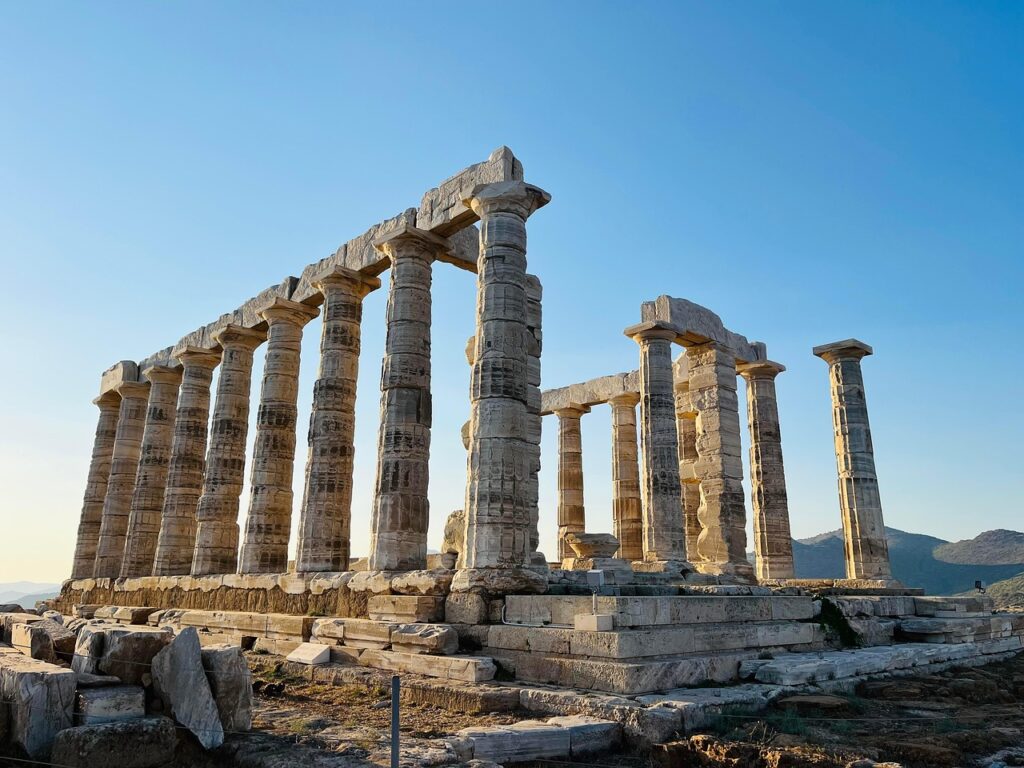
He who is without sin, let him cast the first stone: Fr. Jorge Miró
Jorge Miró
06 April, 2025
3 min
 (EN)
(EN)
 (ES)
(ES)
 (IT)
(IT)

